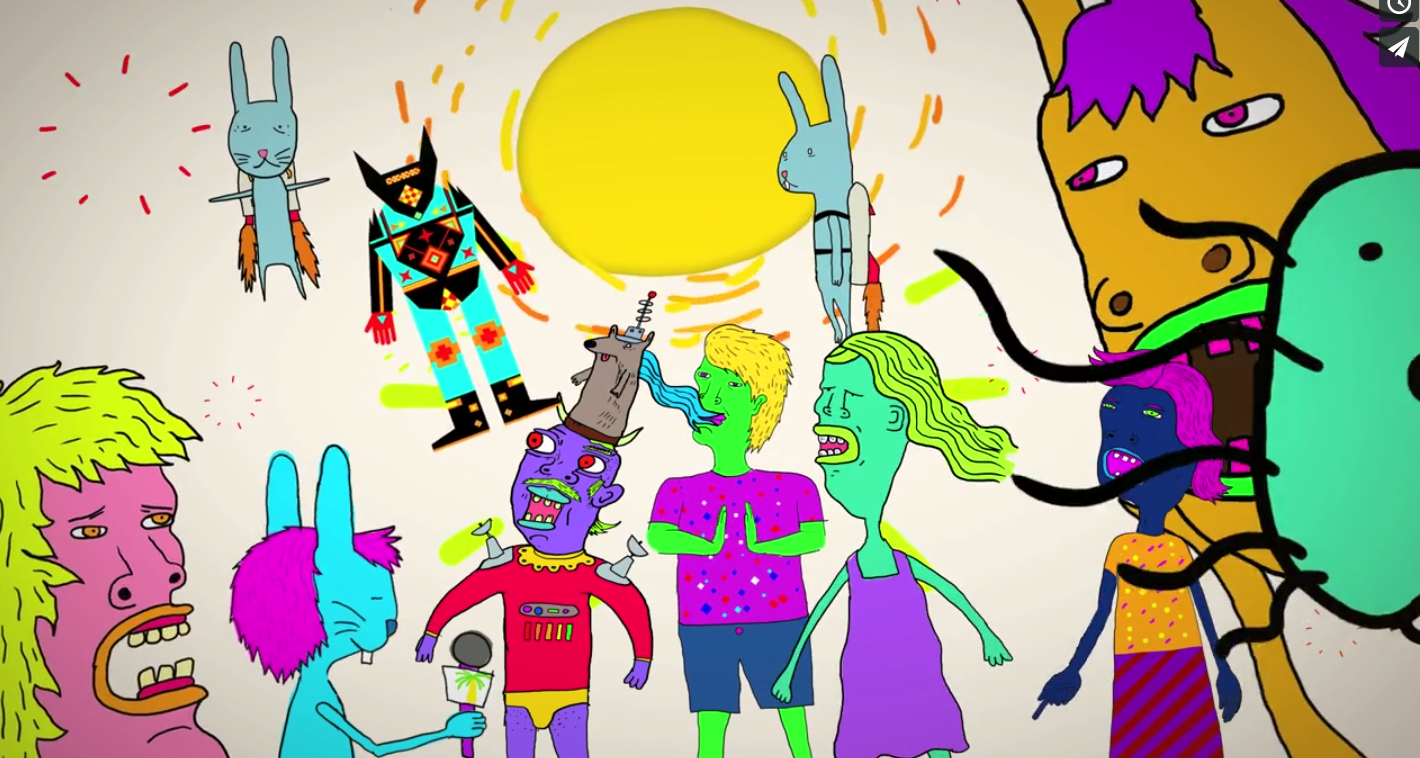
Creating safe spaces for innovation on the Internet
Kwasi Asare is vice president of business development for Knowledge Delivery Systems and a former associate director of the U.S. Department of Education, where he worked on technology policy. Below, he writes about the theme of the first Knight News Challenge of 2014: How can we strengthen the Internet for free expression and innovation?
In the early days of the Internet in Web 1.0, a cartoon by artist Peter Steiner started floating around cyberspace shortly after its publication in New Yorker magazine in 1993. Related Links
“Towards a stronger Internet” by John Bracken and Chris Sopher on Knightblog.org
“Our future’s Internet strengthened today” by Jenny Toomey on KnightBlog.org
“A $2.75 million challenge to create a more open Internet” by Mark Surman on KnightBlog.org
“Refusing to unlearn a free and open Internet” by Shazna Nessa on KnightBlog.org
“Innovating to create comprehension of big data and the Internet” by Higinio O. Maycotte
“4 most common News Challenge questions answered” by John Bracken on KnightBlog.org
“Restoring equilibrium to the web” by Tyler Fisher on KnightBlog.org
Soon, it began appearing in early online publication mediums—and I use the term loosely. Then it found its way into corporate PowerPoints, and then into the first social medium phenomenon known as the “forwarded chain mail,” with the cartoon attached. The image was a black-and-white cartoon depicting two dogs in an office. One dog is seated at a desk talking to another sitting on the floor. The caption below says, “On the Internet, nobody knows you’re a dog.” The point was not just about privacy but about safety, credibility and authenticity as well.
We’ve rapidly moved in two short decades from a wild, wild, wide-open West where innovation flourished unbridled to a more cautious—and in some senses—less liberal and less free Internet. What we gained in protections we lost in the power that increasingly turned the Internet from a playground of innovation to a highway for commerce. The people struck back with social media in Web 2.0 in Myspace and Facebook and private chat rooms. I believe this came about in response to a personal need for intimacy in the public Internet. What people needed to feel—and still need to feel—is that they can be dogs and freely express their views without the unfair challenge from the cats, wolves, zebras, and giraffes of the world to their nascent point of view or burgeoning understanding of concepts and ideas.
In a split second, anyone can be researched, their motives questioned, and their background ripped apart for none of the good reasons that are in play in efficient markets, peer reviews, and generally constructive criticism of the classroom or undergraduate lecture halls. There are few safe public places to learn and be taught. People need safe places to fail, to learn without penalty, and to avoid ridicule and judgment. Leaders also need the safe spaces, sometimes to expand their knowledge without compromising public perception of their abilities. Everyone needs to be able to leverage the Internet to learn without the quick judgment, scorn, and ready-made criticism that are available in a 140-character, post-doggie disclosure world.
It strikes me that there should be a new deal. A new deal for safe harbor or safe houses on the Internet that people can trust, no different than the original reason rest areas were created along highways, or people find refuge in a local bar in their hometown or a private club today. If we want a safer, more innovative Internet, ripe with discussion and collaboration, we have to barter with the consumer and offer public trust. Absent that the Internet will continue to be a vehicle largely for what it’s good for today: objectionable, polarizing, age-sensitive content, and making money—both of which I’m not completely convinced are mutually exclusive.
The question that remains for us is how do you support, create and promote safe spaces for innovation at all levels? How do you foster innovative online communities of practice? I hope the discussion around the Knight News Challenge moves us closer to an answer.
In June, Knight Foundation will award $2.75 million, including $250,000 from the Ford Foundation, to support the most compelling ideas around the News Challenge question: How can we strengthen the Internet for free expression and innovation? To submit an application or to provide feedback on other entries, visit newschallenge.org. The deadline is 5 p.m. ET on March 18.
Recent Content
-
Journalismarticle ·
-
Journalismarticle ·
-
Journalismarticle ·


